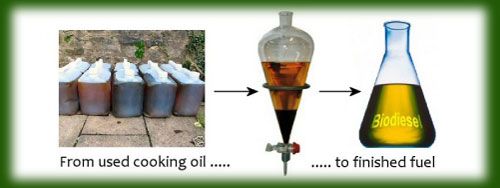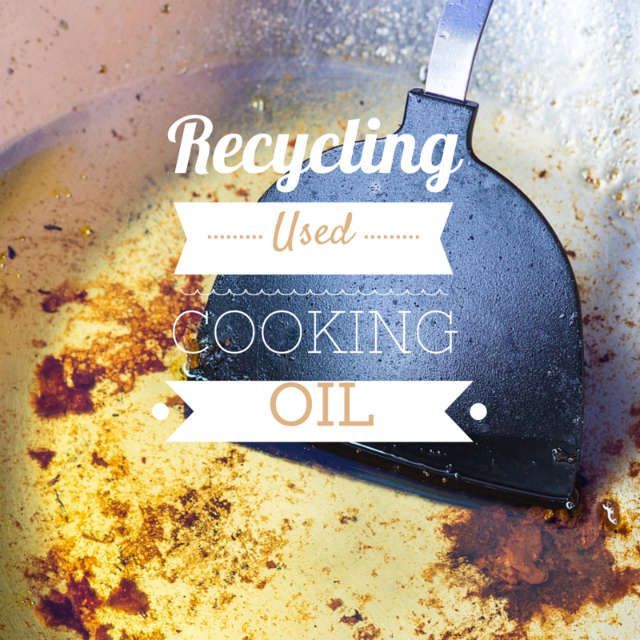TRANSFORMING USED COOKING OIL INTO SUSTAINABLE ENERGY
BIODIESEL FROM USED COOKING OIL

Transforming Used Cooking Oil into Sustainable Energy
Introduction: As the world increasingly seeks cleaner and more sustainable energy solutions, our biodiesel production project stands at the forefront.
Our mission? To turn used cooking oil into a valuable resource while combating environmental pollution.
- Problem Statement:
- Waste Cooking Oil: Every day, restaurants, cafés, and households discard substantial amounts of used cooking oil. Unfortunately, this oil often ends up clogging drains, contaminating water bodies, and emitting harmful fumes when improperly disposed of.
- Dependence on Fossil Fuels: Our heavy reliance on fossil fuels contributes to climate change, air pollution, and resource depletion.
- Solution:
Biodiesel from Used Cooking Oil Our project offers a sustainable remedy
- Biodiesel Production:
We’re establishing a cutting-edge biodiesel production facility in Logan, Utah.
- Our process ingeniously converts used cooking oil into high-quality biodiesel through a technique called transesterification.
- Biodiesel serves as a renewable fuel that can directly replace or blend with conventional diesel, significantly reducing greenhouse gas emissions.
- Environmental Benefits:
Waste Reduction: By collecting used cooking oil from local businesses, we prevent it from polluting our precious waterways.
Cleaner Air: Biodiesel emits fewer pollutants (such as sulfur and particulate matter) compared to regular diesel.
Carbon Neutrality: Biodiesel recycles carbon already present in the environment, making it a carbon-neutral choice.
- Economic and Social Impact:
Local Employment: Our facility will create jobs in Logan, bolstering the local economy.
Energy Independence: Biodiesel reduces our dependence on imported fossil fuels.
Community Engagement: We’ll collaborate with restaurants, schools, and residents to efficiently collect used oil.
- Market Potential: The global biodiesel market is on the rise, driven by environmental regulations and growing consumer awareness.



